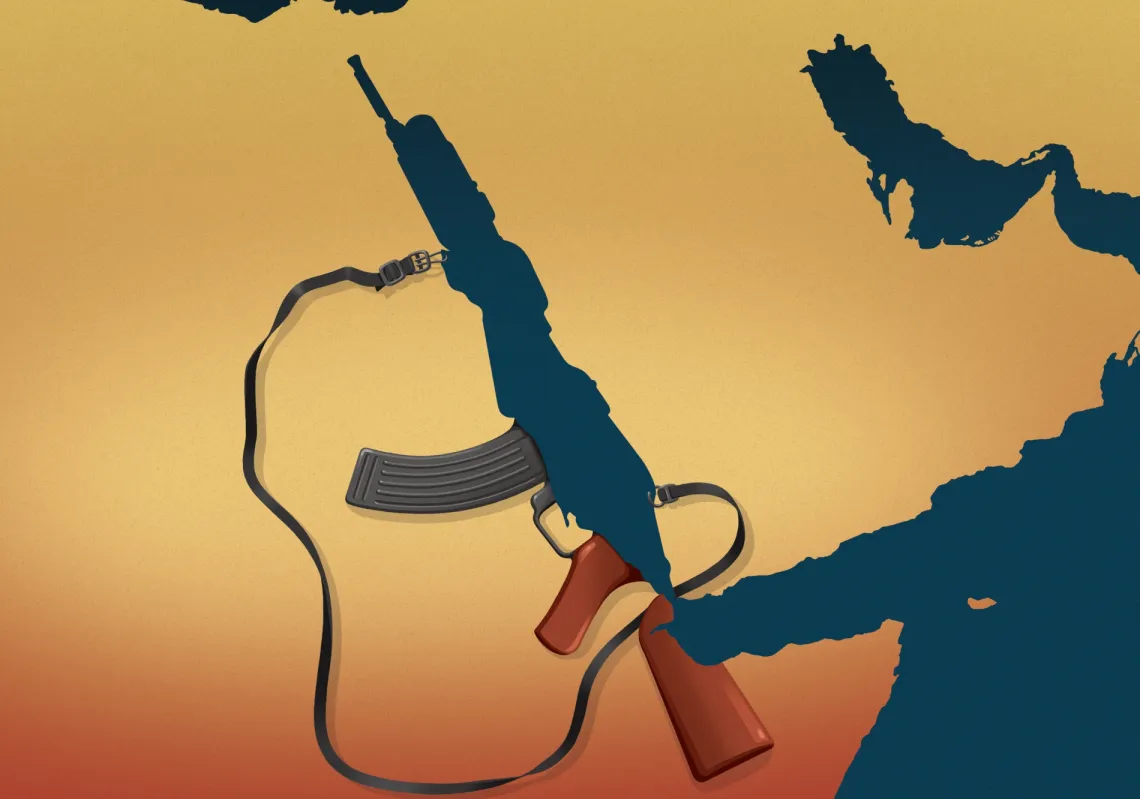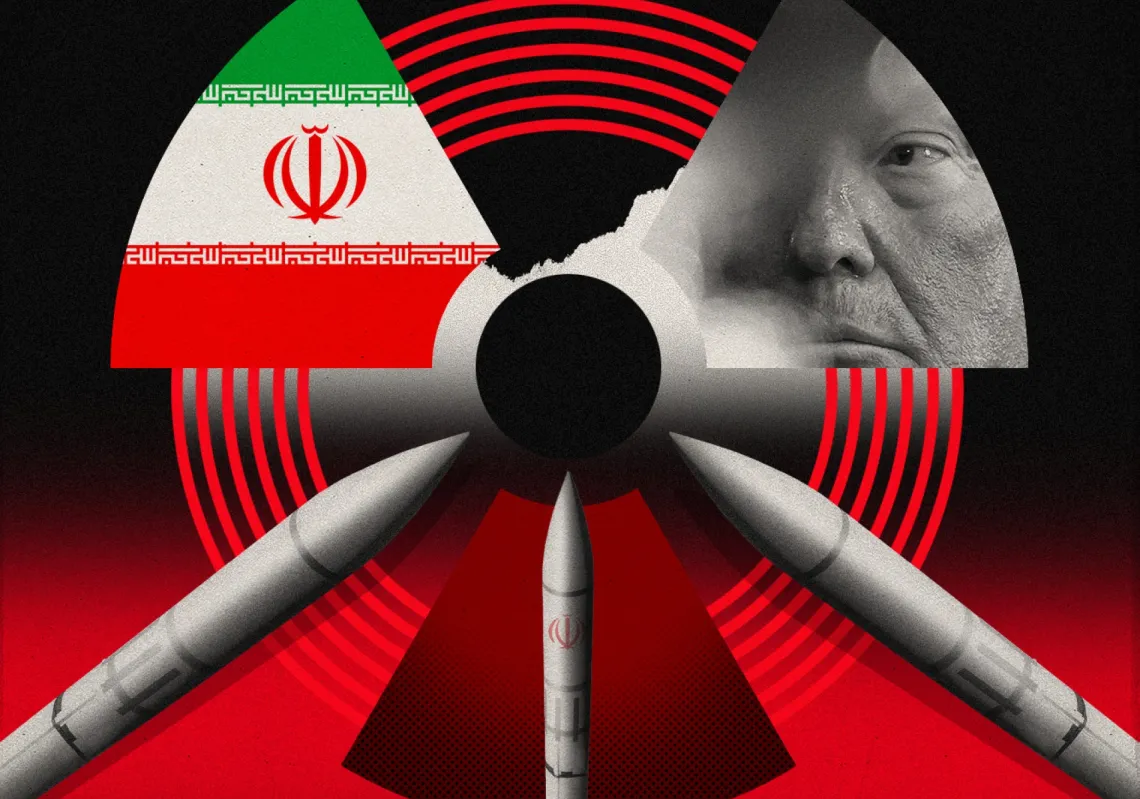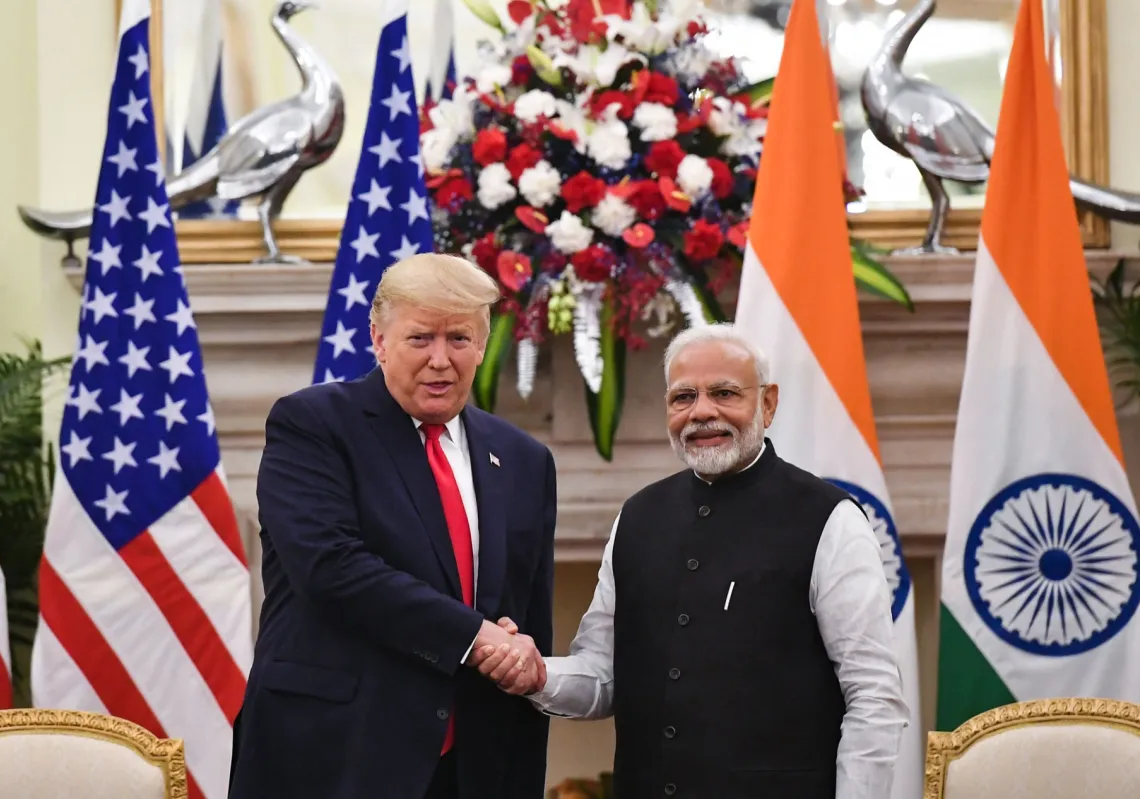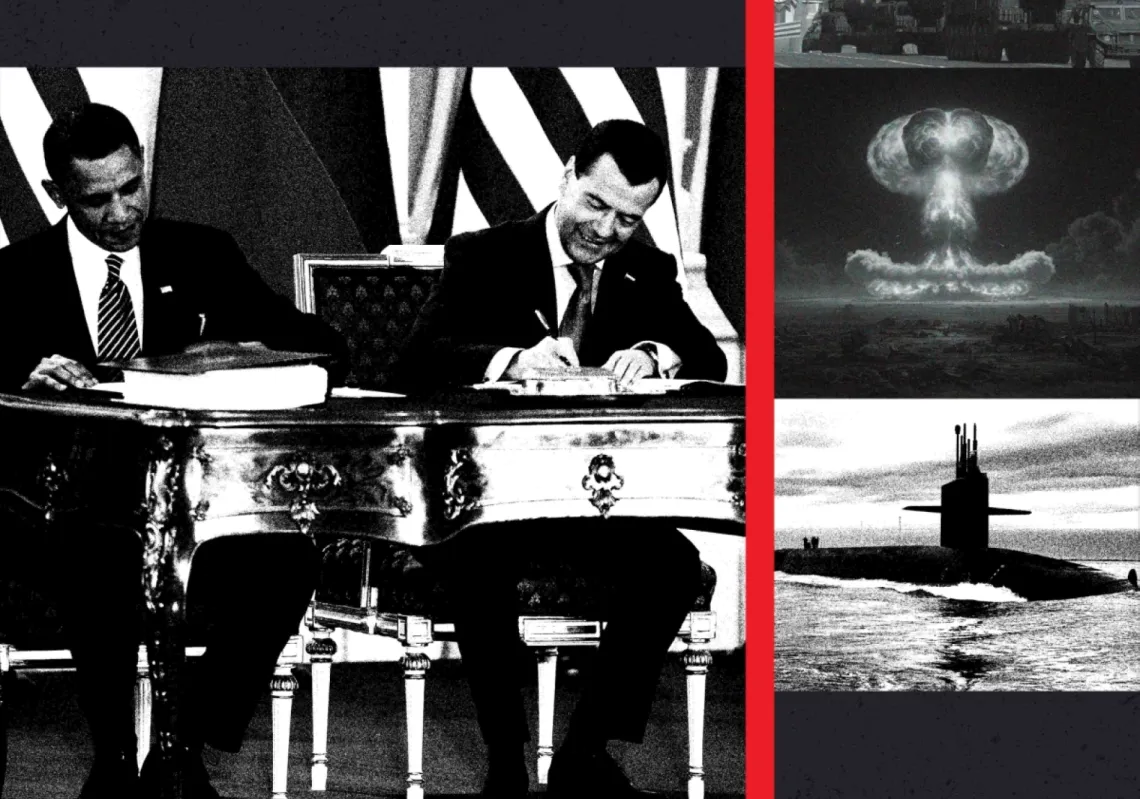Gamal Mubarak originally pursued an economic career in London. However, it was not long before he was drawn to politics, despite a reluctance to do so at first. He joined the Nationalist Party in 2000, as a member in the Secretariat General. That same year, the Nationalist party experienced an unprecedented loss in the parliamentary elections that took place in 2000. Gamal then launched an outcry for reforming the party and changing its orientations.
Many people believe that this outcry was the step for which Gamal Mubarak is still paying the price up till now. This step exposed the political failure experienced by the ruling party for many years, and embarrassed leaders who remained in their seats for years without any accountability or review. This situation rendered the party as a replica of power centres which came under the scythe of Sadat's reform in the early 1970s. Thus they returned in another guise to open fire on the reform outcry sent by Gamal Mubarak.
Although some figures who joined Gamal Mubarak's outcry inside the party were motivated by the fact that he is the president's son, and therefore keeping their ties with him was a permanent gain and a guaranteed means to achieve their personal interests, the majority joined his outcry out of a genuine desire for reform. Thus, they formed a supportive power for Gamal Mubarak in his internal battle which enabled him to continue the party change process. But on the outside, Gamal still suffered the effects of internally ill-intended leaks, whether true for false, on his political ambitions.
In 2002, in order to complete his internal reform plan, Gamal formed the Policies' Committee to handle "policy making" for the government, taking him to a new political phase. This phase was marked by an opportunity for further reform. Although, it also provided more opportunities for his opponents to criticize him. However, he did not relent, instead he continued and on a path towards political and economic reform.
In November 2007, during the 9th Congress of the party, as part of the party’s reform, Gamal Mubarak was promoted to Assistant Secretary-General, Policies' Secretary, and a member of the party's office. The promotion was one of the highest decision-making positions inside the party, and as a result talks concerning his succession rose anew, as many of his opponents claimed that the promotion was actual beginning on the path towards succession. Yet only a few opponents remained, despite their loud voice in the press. They might represent a considerable proportion of intellectuals and political elites, but they do not represent any significant proportion, or even a fraction of the political scene.
In contrast, the political elite began looking at Gamal Mubarak from several perspectives. First: the party-political perspectives, the so-called "Gamal Mubarak tide" worked magic inside the National Democratic Party (NDP). The party's doors were no longer open to those who seek political gains, but Gamal introduced, within his reform program, the principle of "targeted membership". The latest membership report noted about 63,000 party members who hold advanced scientific degrees, such as masters and PhDs.
This change affected membership rates in general until they reached now an unprecedented number, which is more than 3 million members. Part of this growing membership goes back to what has been achieved by the new stream of ideas represented by the Gamal Mubarak trend.
Second, the general perspective of the past seven years in Egypt witnessed unprecedented reform initiatives, both politically and economically. According to the latest party report, the initiatives totalled a number of 103.
Then followed the most important initiative, a program for the poorest villages, which brought development plans for the first time to deprived areas in Egypt. They are considered by Gamal Mubarak himself and those close to him to have significantly changed Egypt, either through wide constitutional amendments, which included 32 articles in an unprecedented step and the adoption of new principles that were not recognized in Egypt, such as that of "citizenship". The initiatives also turned the referendum on electing the president into a free election with multiple competitions. The draft of comprehensive health insurance was also adopted.
Through this program, Gamal Mubarak escorted government ministers in visits to those villages which have not been visited even by a low-key official before.
But those visits which drew the attention of the people of those villages, were also used by opponents of Jamal Mubarak to escalate their attack on him, and considered them the last step towards assuming power. They considered the poorest villages' program only as an exposed move meant – as they claimed - to bring the successor closer to the hearts of the poor and create a an audience among the zero-income public whom he does not know anything about, simply because he was born to a rich family. He was thought only to appreciate the businessmen and the rich around him, while he recognizes the poor only through their electoral votes which he needs to decorate his way to the presidency in democratic attire.
The prevailing tone now in a large sector of the Egyptian political society is that Jamal Mubarak is marching vigorously towards the presidency to succeed his father. It is strange enough that despite the constant and repeated denials from President Mubarak and also Gamal Mubarak of this theory, many people around the streets of Cairo swear that succession is imminent. Some even go further to assert that the year 2010 will not end until we find Gamal Mubarak taking the helm of Egypt according to a skilfully-drawn succession scenario. They allege that this scenario was catered by constitutional amendments and security measures that cleared the stage for Gamal Mubarak and made him the only knight after disposing of any strong potential rivals. Thus, he was deemed the only future option for the Egyptians who can choose between the status quo or allowing a banned group that is waiting for an opportunity to grab the rule.
In contrast, a clear trend emerged recently that sees Gamal Mubarak as the best alternative and solution indeed for the coming period. They argue that Gamal has be experience in running the country as well as dealing with crises as a result of his closeness to President Mubarak, his father.
In addition to what he may have learned from his father, supporters believe that Gamal gained the necessary expertise from his role as head of the Policies' Committee. The Committee has proved over the past years to generate ideas for upgrading the economic and social levels.This upgrading resulted in a 7% growth rate along with an economic and financial reform that played the major role in sparing Egypt the devastating effects of the global financial crisis.
Moreover, the standard of living has also increased during the past few years and public satisfaction with government performance has increased for the first time in many years. This was asserted by the last opinion poll conducted by the party on the level of public satisfaction with the government and party performance. The poll confirmed that about 78 % were satisfied, although to varying degrees.
Supporters of the trend that advocates Gamal Mubarak assert that he proved to have a clear political and economic project for Egypt's future, characterized by adopting innovative methods for development. The most important approach is to come closer to citizens and identify their problems by visiting the villages.
This trend believes that the scenario of succession is an illusion harboured by opponents of the current regime, because the recent constitutional amendments have made access to the presidency through multiple competitor elections. Amid all this, the ordinary citizen waits for someone who would fulfil his dreams of a better standard of living, bringing him an easy access to food, employment, free medical treatment and decent social services. Whoever can achieve all this for the ordinary Egyptian citizen would be more worthy in his view to claim the presidency regardless of his identity, even if he is the president's son.








